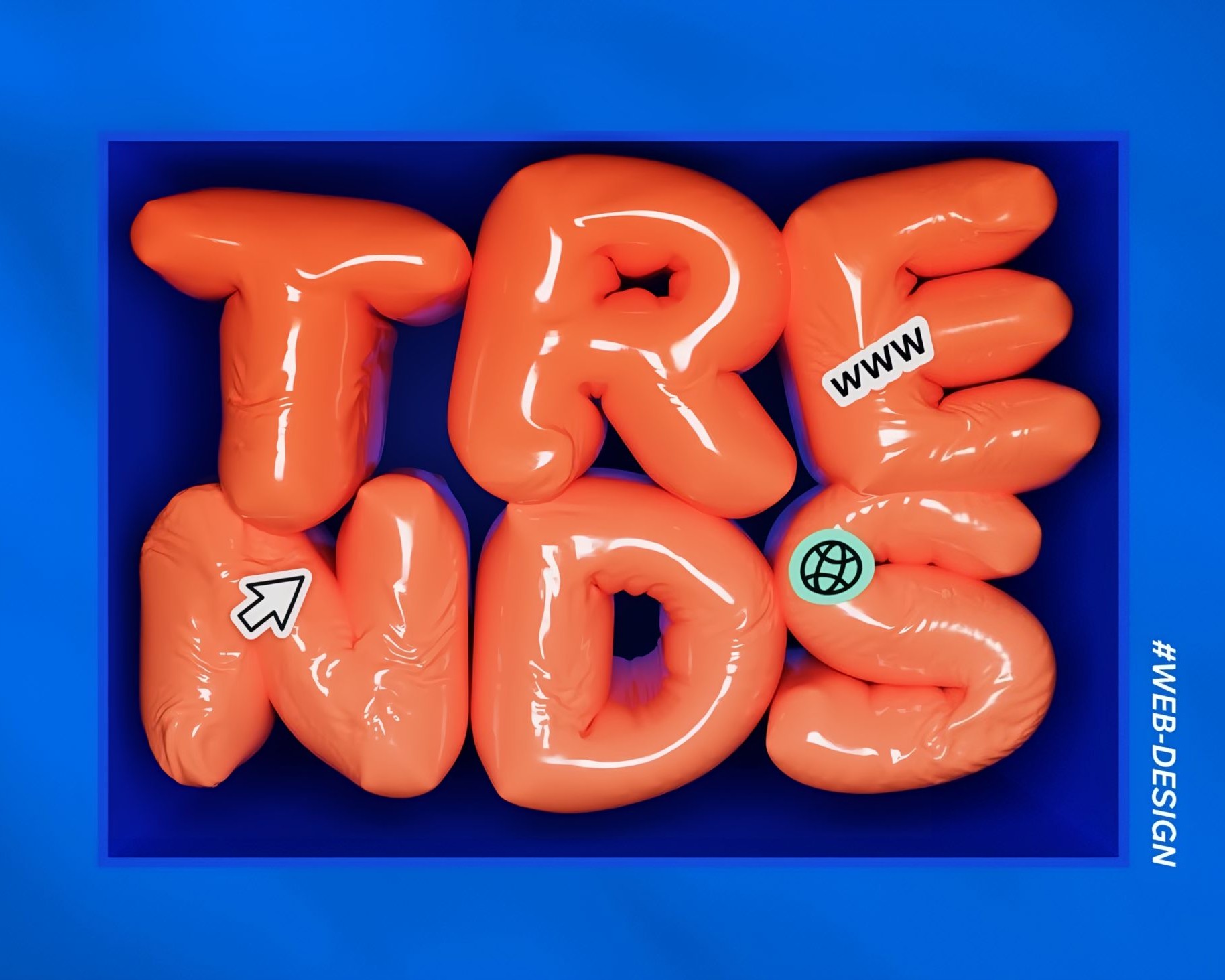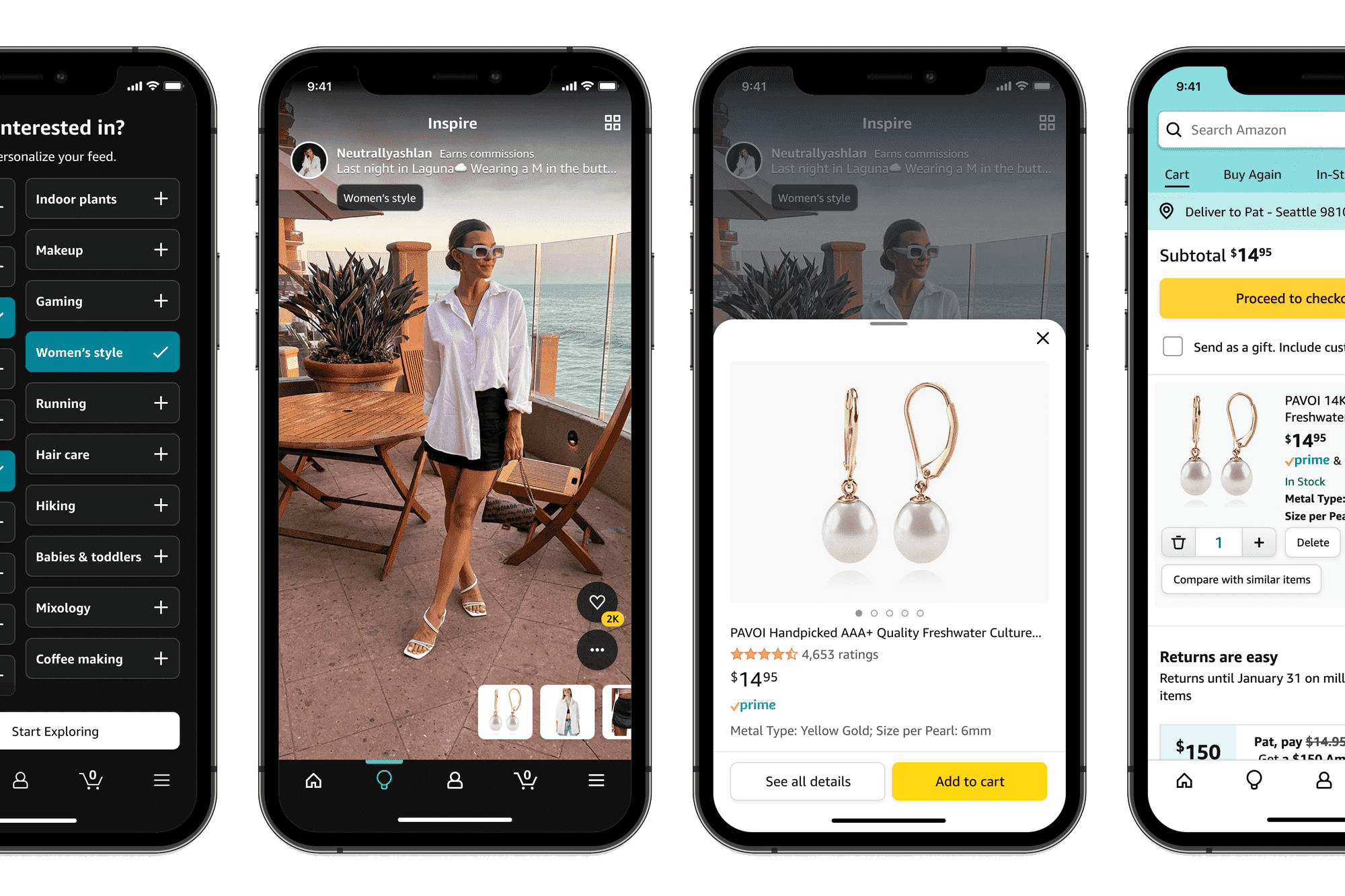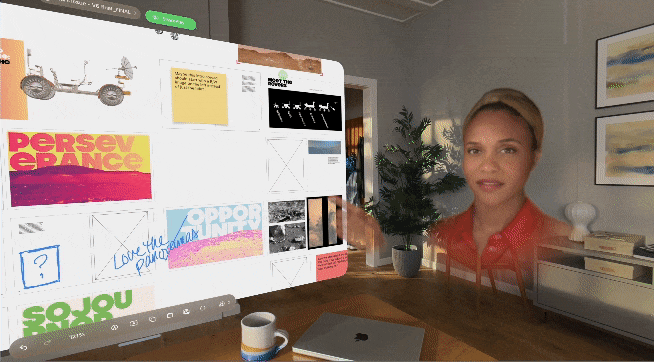In the ever-evolving realm of digital design, staying abreast of the latest trends is paramount for creating visually compelling and user-friendly experiences. As we navigate through 2024, let's delve into the top design trends that are shaping the online landscape.
In the dynamic world of digital marketing and online presence, design trends play a pivotal role in capturing audience attention and conveying brand messages effectively. This post explores the cutting-edge trends defining digital design in 2024 and how they can be harnessed to enhance your online presence.
1. Minimalism and Simplified Design
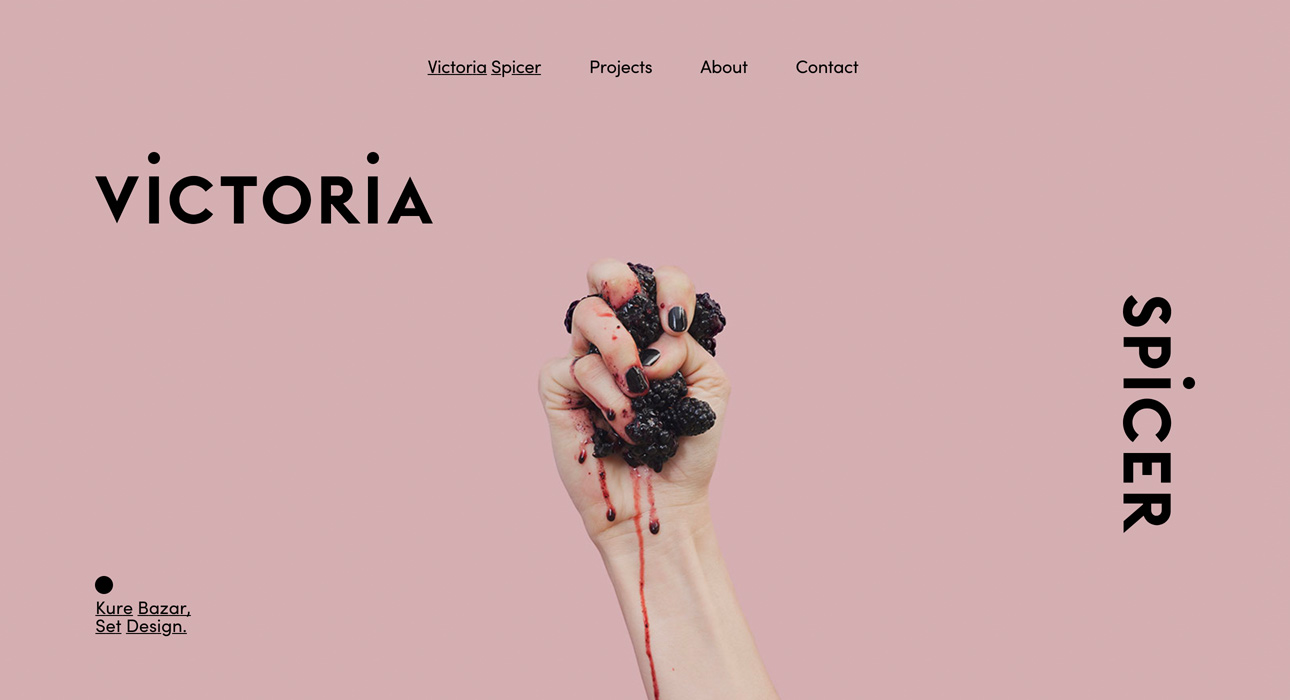
Minimalism continues to dominate the digital design scene, focusing on simplicity and clarity. Clean interfaces and straightforward navigation not only improve user experience but also contribute to a modern and sophisticated aesthetic. Explore how brands are using minimalism to create user-friendly websites and applications.
2. Dark Mode and Colour Schemes
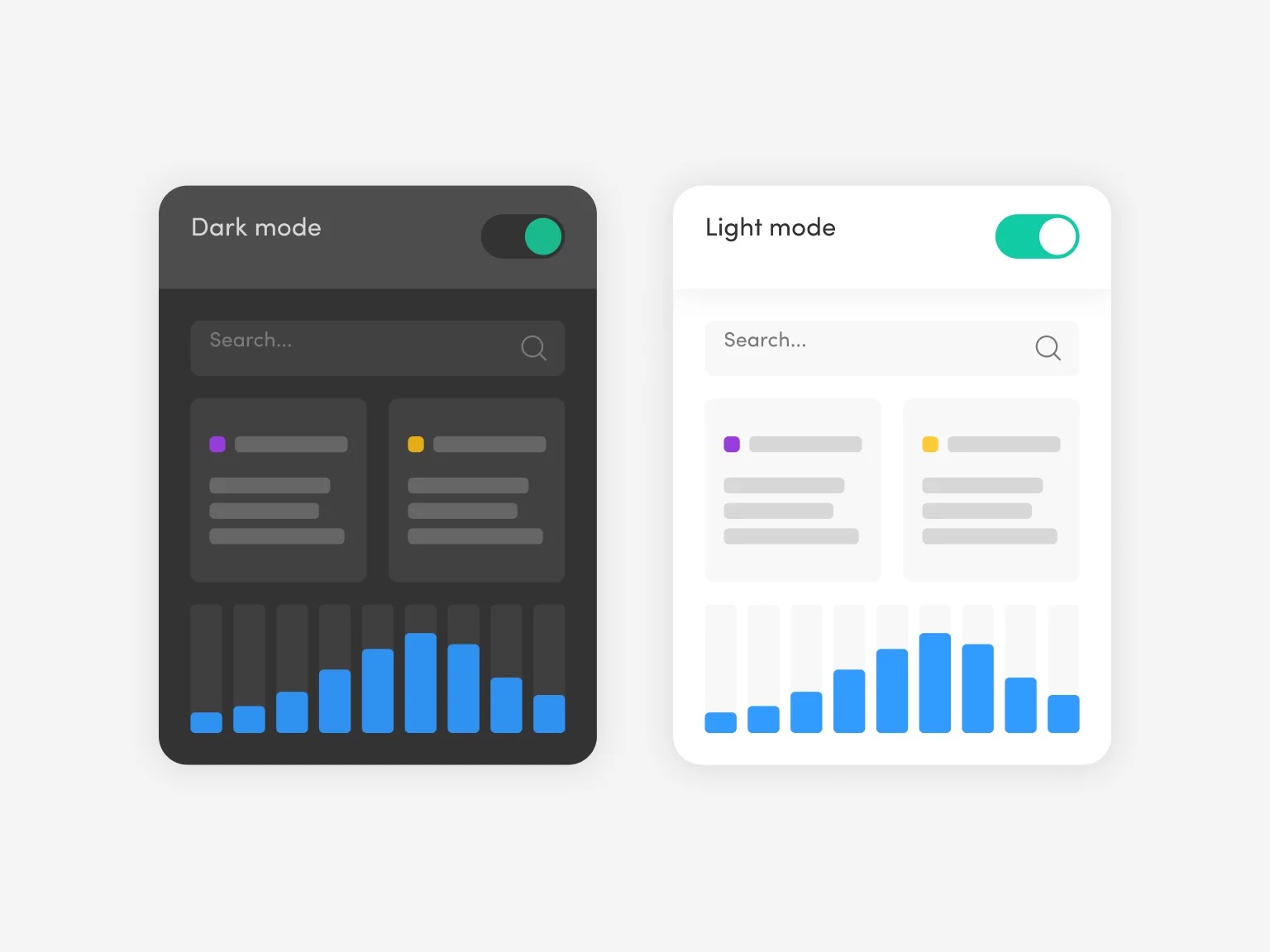
The rise of dark mode has become more than just a design choice; it’s now a user preference. Dive into the appeal of dark mode and its impact on reducing eye strain, especially in low-light conditions. Additionally, explore the current color schemes that are dominating digital design and their psychological effects on users.
3. Illustrations and Custom Graphics

Custom illustrations and graphics are gaining prominence in digital design, allowing brands to convey their personality uniquely. Explore how incorporating bespoke visuals can differentiate your brand and tell a compelling story.
4. Micro interactions and Animation

Micro interactions and subtle animations contribute to an engaging user experience. Delve into the world of micro-interactions, which add finesse to user interactions, and explore how animation can enhance the overall dynamism of a digital interface.
5. Typography Trends
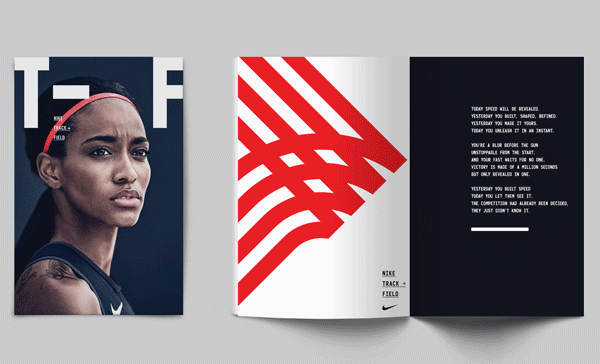
Typography is more than just choosing fonts; it’s about creating a distinctive visual language. Uncover the current typography trends and how brands are using fonts to establish a strong visual identity and convey their brand message effectively.
6. 3D Elements and Realism
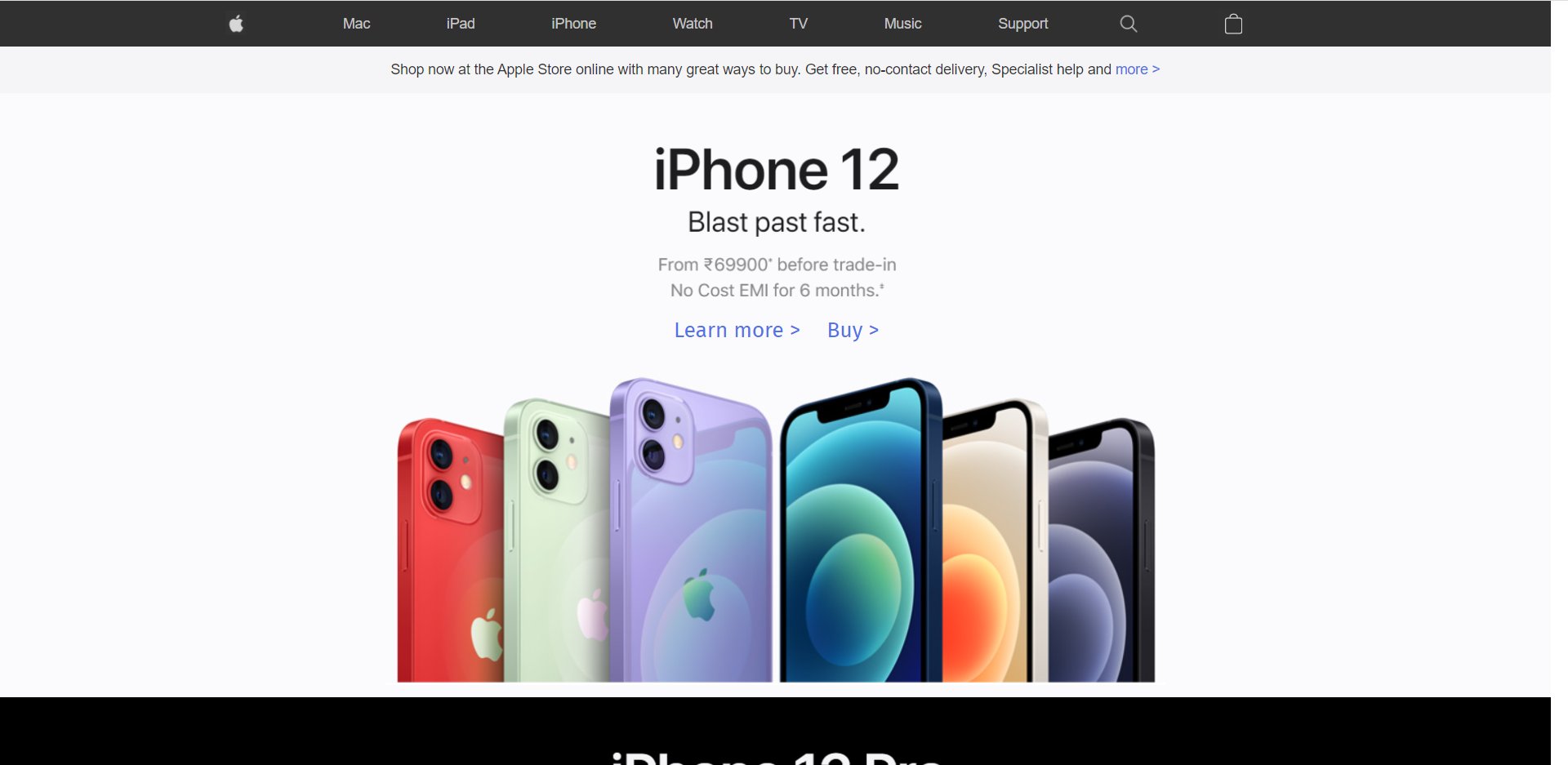
The integration of 3D elements and realism is transforming digital design, providing a more immersive experience. Explore how brands are incorporating three-dimensional elements to captivate and engage their audience.
7. Accessibility and Inclusive Design

Designing for accessibility is not just a trend but a necessity. Discuss the importance of inclusive design and how it contributes to creating digital experiences that cater to a diverse audience.
